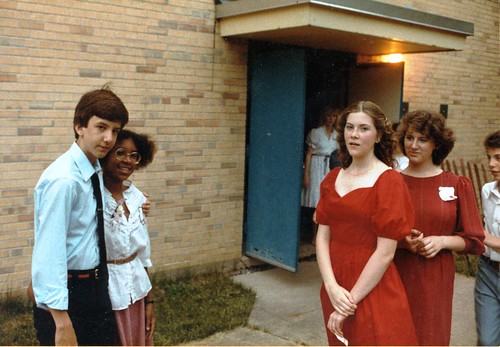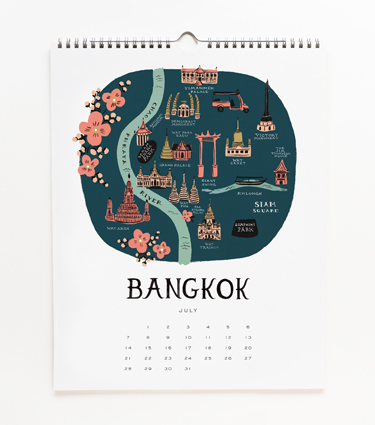(What? You didn't know I was a special Kinshasa correspondent?)
 Apparently,
if you aren’t sure, your home is the place where you went to high
school. If that’s so, Harrisonburg is my home. But, I live in
Kinshasa. As in Congo. As in Africa. So, is Harrisonburg still my
home?
Apparently,
if you aren’t sure, your home is the place where you went to high
school. If that’s so, Harrisonburg is my home. But, I live in
Kinshasa. As in Congo. As in Africa. So, is Harrisonburg still my
home?People often ask me where I’m from. If I say, “Route de Matadi, Ngaliema” they smirk and give me a sort of sympathetic look and say, “No, really. Where are you from?” I guess they are asking me about my home. So, I say, “The United States.” If we are having this conversation, it’s because they know someone in the USA, so they want more details in order to make a connection. Plus, they knew I was from the United States before we even started talking. So, I say, “I’m from Virginia.”
I am certainly from Virginia. I was born at Waynesboro Community Hospital back when it existed. I went both of the local Mennonite educational institutions. I pay a mortgage for a Collicello Street house. But where is my home?
 Is home where the heart is? Is home where my spouse and two kids are? Is home my house?
Is home where the heart is? Is home where my spouse and two kids are? Is home my house?What I’m getting at is the obvious fact that home is a transient concept. And, I am a transient: traipsing from Harrisonburg to Seattle to Harrisonburg to Kinshasa. It’s absurd for me to say that Kinshasa is my home. And while I once imagined I would be in Seattle forever, I’m not. And no one from my family lives in Waynesboro anymore. The place that I keep going back to is Harrisonburg.
I left because I never thought I would always be in Harrisonburg. It is my home base. Not my home town. But what a home base! I imagine my kids developing these lovely idealized memories of Harrisonburg’s best hits: visiting Jim Randall’s stand at the Farmer’s Market, getting summertime hot chocolate at the Dodger, fishing with Omi & Pop– Virginia-style, being Kathleen Temple, Tailor,’s #1 client, hugging John and Ramaswari in the steamy Indian American kitchen, sneaking into Honky Tonk night with Jason at the Nile and being treated like royalty, buying awesome helmets from Wonder Skate for first bikes refurbished by Kurt at Shenandoah Bicycle, dancing until too late in garden-filled backyard house shows with dozens of honorary aunts and uncles and cousins…
 Harrisonburg,
for me, is a terribly beautiful home base. When it is my hometown, I
find myself drifting away from appreciation. The humdrum of routine
starts to fog my perspective, making darling Harrisonburg almost
unlikeable. Thankfully, I live in Africa, where for ten months every
year, I pine gently for kale, fireflies, music played by friends, film
festivals, polaroid exhibits, fancy dinners, family, strawberries, and
home friends.
Harrisonburg,
for me, is a terribly beautiful home base. When it is my hometown, I
find myself drifting away from appreciation. The humdrum of routine
starts to fog my perspective, making darling Harrisonburg almost
unlikeable. Thankfully, I live in Africa, where for ten months every
year, I pine gently for kale, fireflies, music played by friends, film
festivals, polaroid exhibits, fancy dinners, family, strawberries, and
home friends. Distance makes the heart grow fonder? Sure. But it also makes home farther. Which, for me, is just right.























.jpg)
























